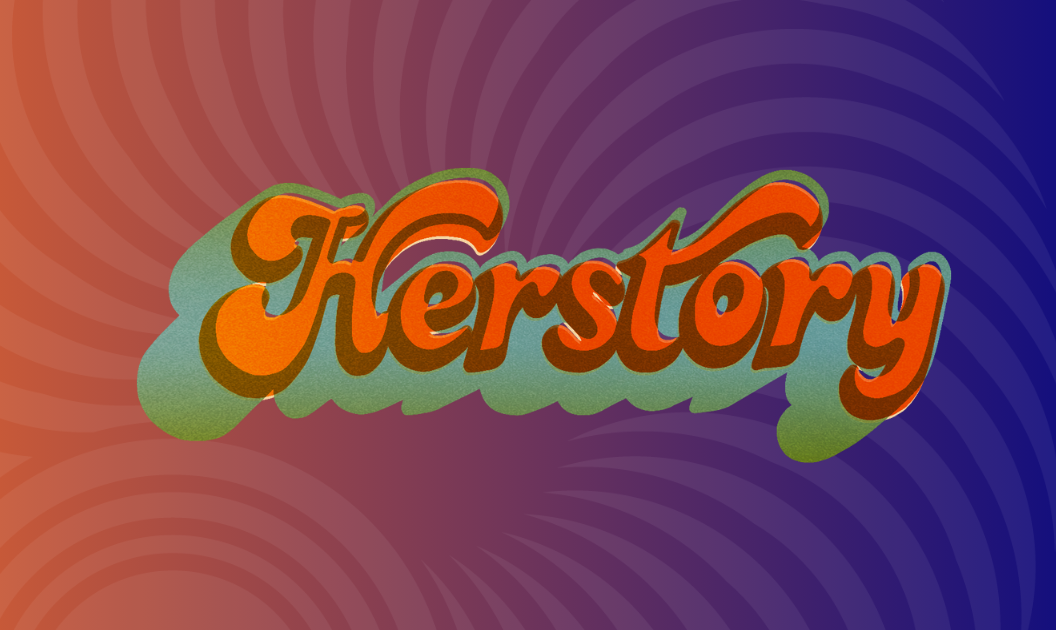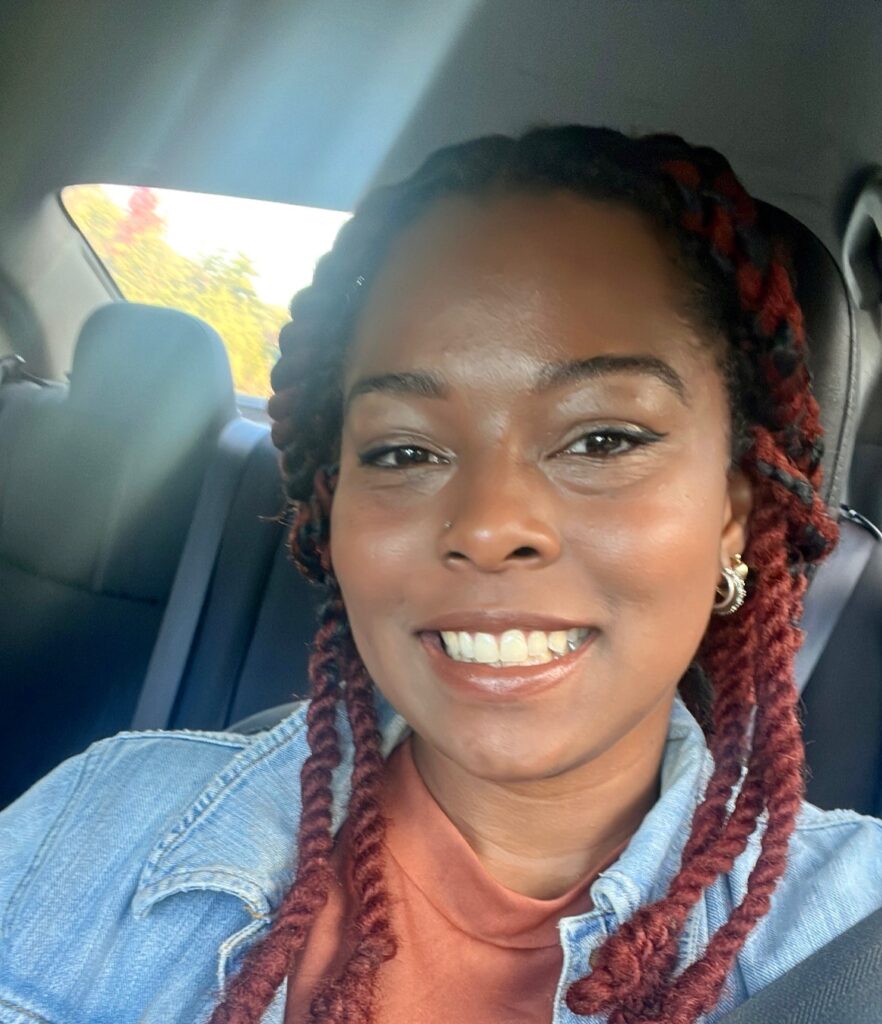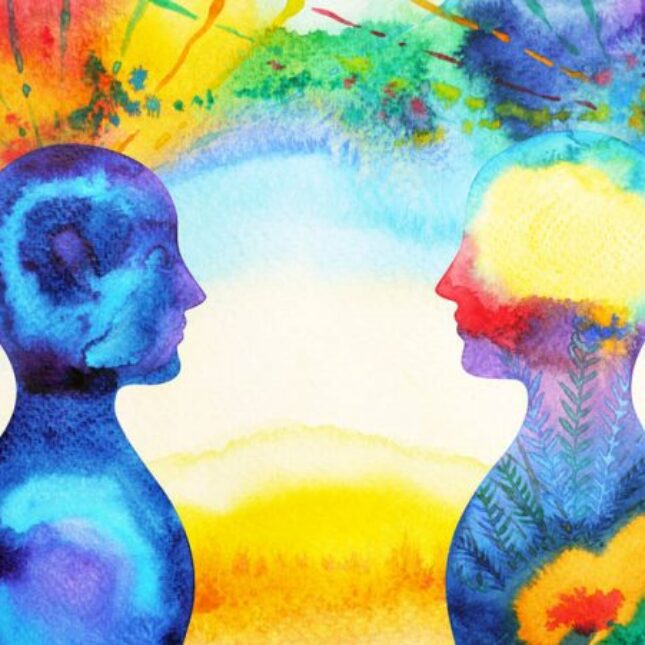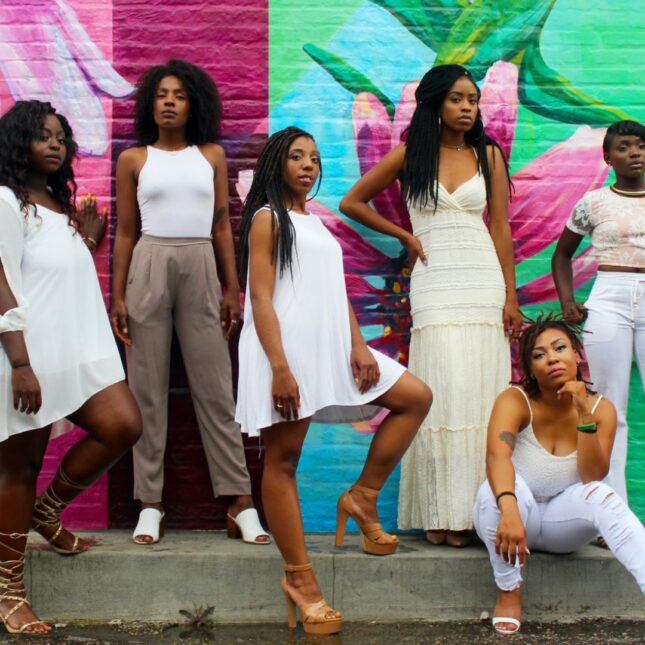
In our previous post, Breaking the Chains: Overcoming Historical Stigmas Surrounding Mental Health in the Black Community, we discussed the historical context behind the inequalities that exist for Black mental health. Highlights from the post discuss how racial disparities, underdiagnosis/misdiagnosis, and stigma surrounding mental health have prevented Black people from getting the care they need to truly experience equitable mental health care. This demonstrates how Black mental healthcare has been pushed to the back for generations. The push for mental wellness resources curated for the Black community has been an ongoing fight, especially for Black women. This is mainly because creating true culturally competent care also includes addressing the intersectionality Black women face when seeking a therapist, mental health resources, or wellness spaces. Further emphasizing the fact that Black women need care that helps them navigate mental health challenges not only as people of color but also as women. This article will discuss the stories of Black women who have fought for the right to break free from the “strong Black woman” narrative, subsequently creating spaces for the next generation of Black women to feel free enough to express their emotions however they need to; whether it be through anger, tears, or joy.
Black Women’s Health through HerStory

Jacki McKinney, M.S.W, born in 1934, earned the title of becoming an expert in trauma due to her own past dealing with abuse beginning at the age of three. After admitting herself to the D.C. Rape Crisis Center as an adult, she noticed that despite the credentials of the physicians treating her at the center, they were not able to provide her with the care she needed as a Black woman. This empowered her to speak out against the lack of cultural competency with regards to medical professionals involved in providing mental healthcare. She soon became the director of the Consumer Movement which at the time was revolutionary because it bridged the gap between treatment for Black patients and culturally competent care. McKinney also went on to advise on research studies conducted at the Substance Abuse Mental Health Administration which led the researchers to include Black children in the study in order to prevent generational cycle abuse. Her advocacy efforts were primarily for Black women and children, becoming a founding member of the National People of Color Consumer/Survivor Network and winning awards such as the Clifford W. Beers award as well as the Lifetime Achievement award from the Substance abuse and Mental Health Services.

Bebe Moore Campbell born in 1950, was an author, journalist, and teacher. She fought for mental health rights by sharing her and other Black women’s stories through various novels discussing the harmful impact of racism on individuals as well as their relationships. Campbell’s first children’s book entitled “Sometimes My Mommy Gets Angry” described the difficulties of being a mother with mental illness in a mother-daughter relationship. In her career, Campbell had three New York Times Best Selling novels; “Brothers and Sisters,” “Singing in the Comeback Choir,” and “What you Owe Me,” all discussing the struggles Black people face in their everyday lives and how it takes a toll on mental health. Bebe’s desire to tell not only her story but also the stories of other women she was influenced by enabled more women to speak about their struggles with mental health.

E. Kitch Childs, Ph.D., born in 1930, was a racial activist during the civil rights movement in the 1960s. Experiencing extreme violence and segregation empowered her to obtain her Masters and Ph.D. in Human Development at the University of Chicago, subsequently making her one of the first Black women to register as a clinical psychologist. Her credentials enabled her to become one of the founders of the Association for Women in Psychology as well as Chicago’s Gay Liberation Front. After graduating, Childs opened her own psychology practice in Oakland California in 1973 where she fought for sex worker’s rights, against police brutality, and provided free therapy for marginalized and discriminated against people, especially those stigmatized by AIDS. Childs’ approach to inclusive therapy for all marginalized people enabled many of the campaigns and treatments used today.

Beverly Greene, PhD., born in 1950, is a professor at St. John’s University known for her work analyzing the intersectionality between sexism and racism. She is the author of the landmark article, “When the Therapist is White and the Patient is Black: Considerations for Psychotherapy in the Feminist Heterosexual and Lesbian Communities,” which discusses the importance of cultural competency for therapists as well as discusses how illicit bias may influence their treatment of Black patients. Her work to focus on psychotherapy for marginalized people landed her the Distinguished Publication Award from the Association for Women in Psychology in 2008 among countless others. Dr. Greene continues to make major strides in inclusive and culturally competent care.

Hariette Pipes McAdoo, Ph.D., was influential in understanding the impact racially integrated environments had on Black children in the late 1960s. Her research dispelled the myth that Black children have lower self-esteem than white children despite choosing a white doll over a Black doll, emphasizing the continued influence. She led two protests against the lack of Black enrollment in the University of Michigan, helping increase Black doctoral student enrollment in the university’s Psychology Department as well as an increase of Black faculty members. She and her husband, John, also started the Family Life Project in the 1970s, which was created to disprove the pervasive narrative of dysfunctional and impoverished Black family stereotypes. Through her research, she was named the Outstanding Researcher of the Year award and was appointed to the planning group for the White House Conference on Families National Advisory Council by US President Jimmy Carter. Dr. McAdoo was essential in dispelling myths regarding negative stereotypes surrounding Black people and Black families. Her work continues to help push inclusive care as well as dispels myths of Black people being a monolith.
Today’s Stats
- 74.2% of therapists are white, and only 5.1% of psychologists identify as Black (American Psychological Association, 2018).
- Only 2% of psychiatrists are Black (American Psychiatric Association, 2021)
Even though there is much to be done to create inclusive spaces for Black women’s healing, there have also been major strides in the fight for mental health justice. The dedication to healing for Black families has created organizations and spaces for Black people to get care that will actually help them heal for generations.
Organizations such as the Association of Black Psychologists are continuing to create spaces for Black people to show up for themselves by creating spaces for Black people to get the care they need.

Kyara Nichols
Communications Intern, Boris Lawrence Henson Foundation
Master of Public Health Program, The George Washington University
Where to find me?
Instagram: @birthsisterkey

